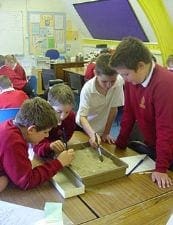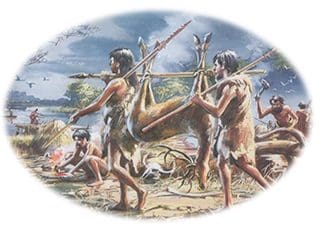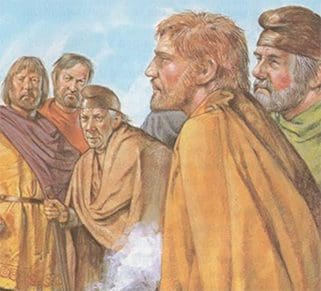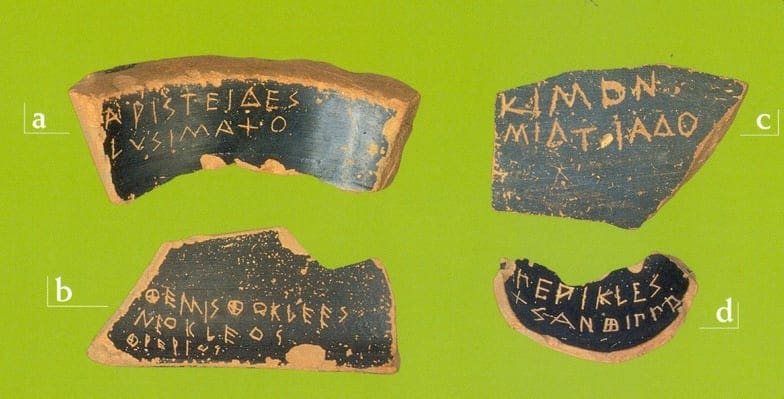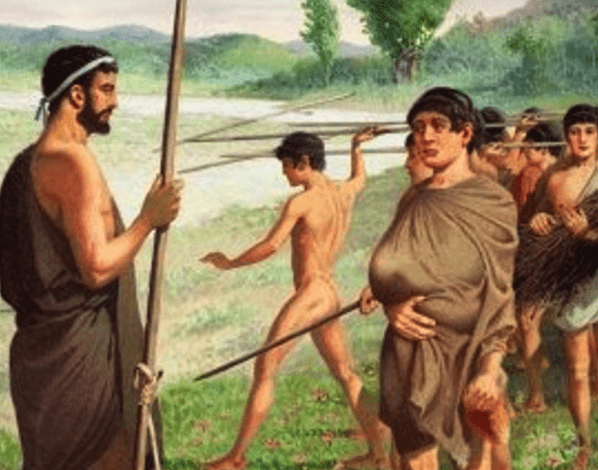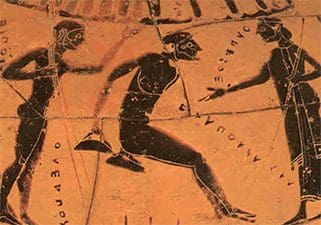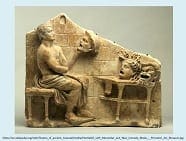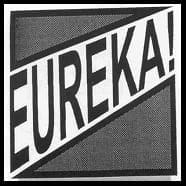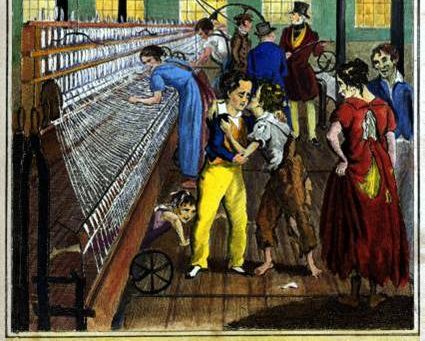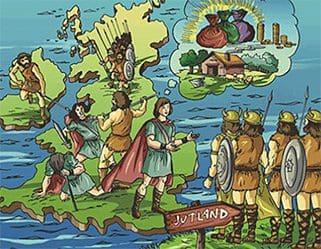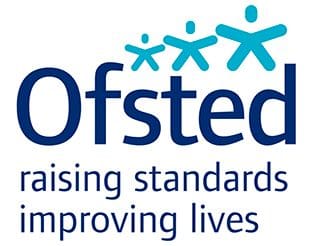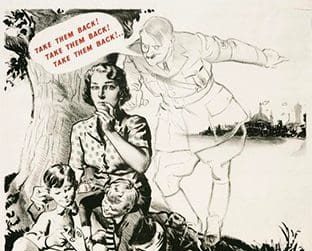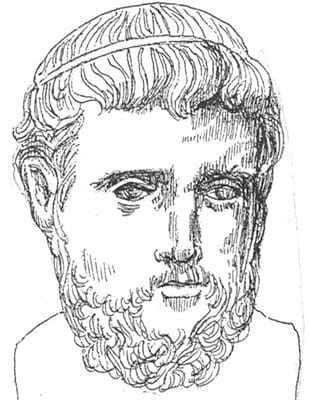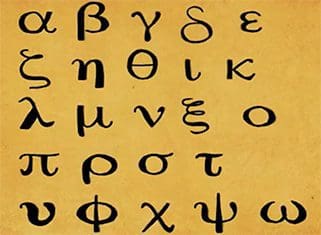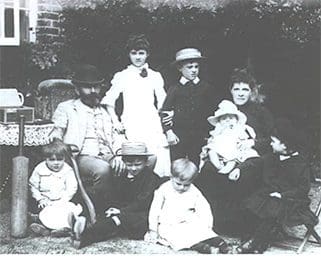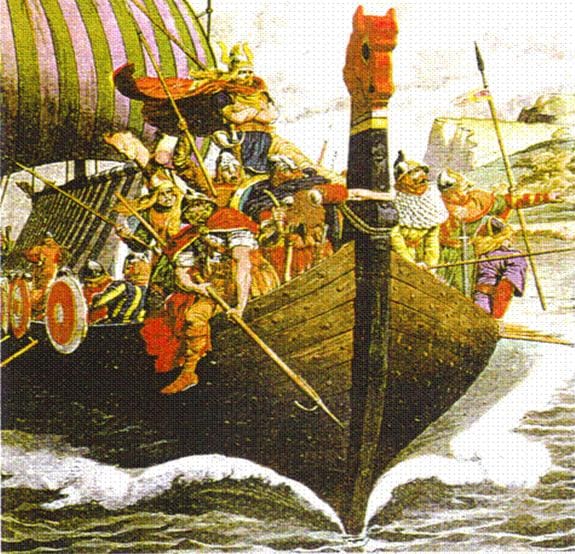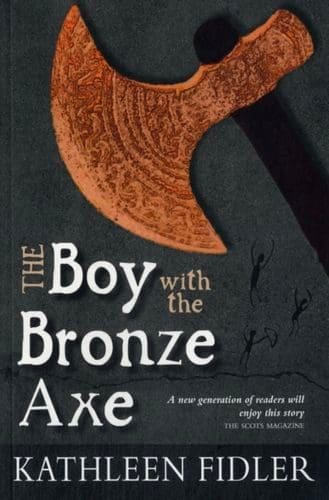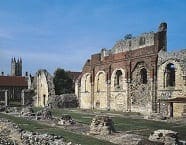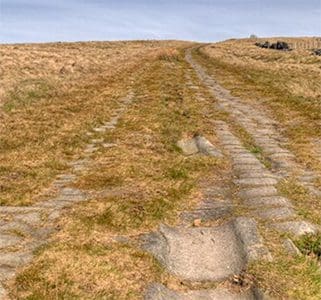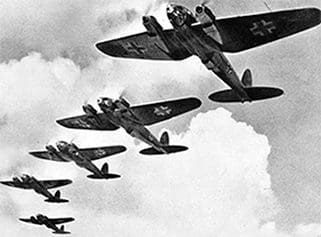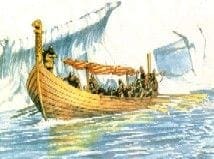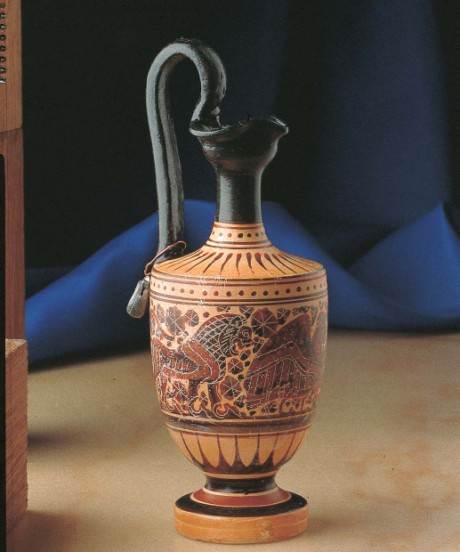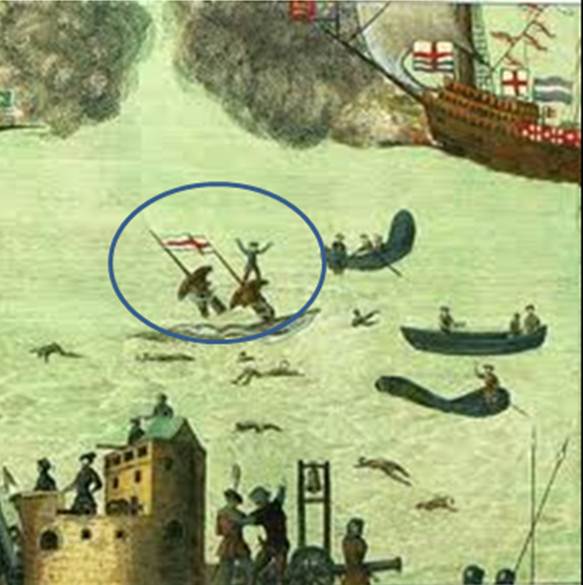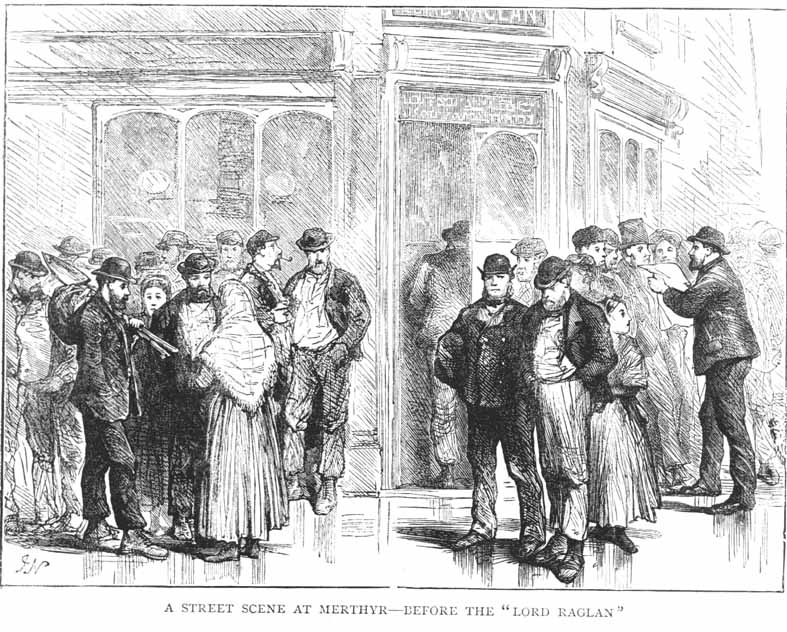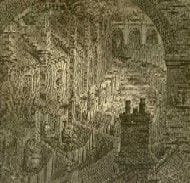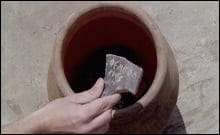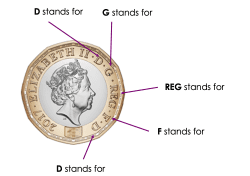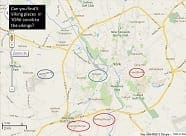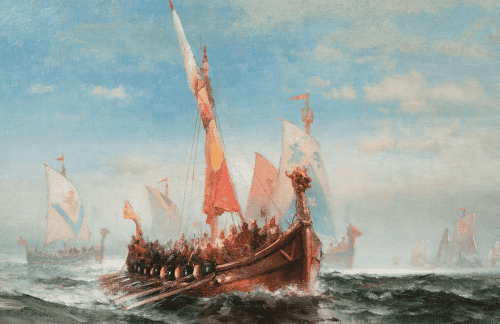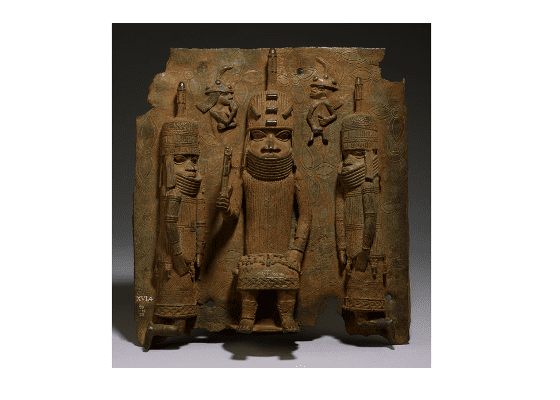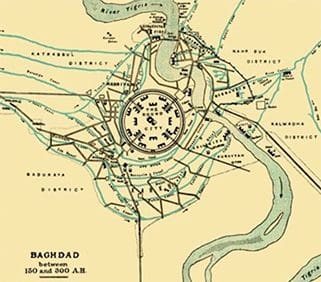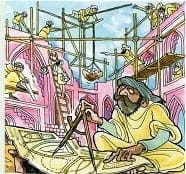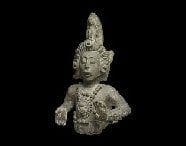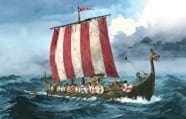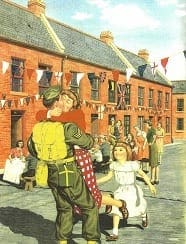Outstanding Lessons and smart tasks
Top Tips for teaching….Stone Age to Iron Age
Stone Age to Iron Age The British Isles has been populated by humans for 750.000 years but only became an…
Read MoreWhat have the Anglo-Saxons ever done for us? Some KS2 answers
If you asked Michael Wood what the Anglo-Saxons ever did for us he would give a very full and erudite…
Read MoreAncient Greece – KQ4 Part 2 – Making Greek democracy come to life – a ‘smashing’ lesson
This is a really fun, practical lesson involving smashed pottery, writing in Ancient Greek through black wax and deciphering each other’s…
Read MoreAncient Greece – KQ4 Part 3 – Would you have preferred to live in Athens or Sparta? Comparing life in Athens and Sparta: a short smart task
One way of bringing home to pupils what was so special about life in Ancient Athens is to compare it…
Read MoreAncient Greece – KQ4 Part 2 Additional information – Ancient Greek democracy. Or what links Red painted rope, an idiot ,and piloting the ship.
This article supports the fully resourced outstanding lesson on democracy that can be found here Democracy is made from two…
Read MoreAncient Greece – KQ5 Part 1 – What can we tell about the Ancient Greeks from a study of their Olympics?
We thought we would offer you a range of different cameos showing how the history of the Olympics could be…
Read MoreAncient Greece – KQ5 Part 2 – What can we tell about the Ancient Greeks from their interest in the theatre?
This key question is divided into two distinct parts, starting with Part 1 – the Olympics. This has its own…
Read MoreAncient Greece – KQ6 Part 1 – Under the Cloth: sorting the muddled collection. Is it all Greek to you?
Step 1 To introduce the notion of the Greeks having a major influence on our lives today use the activity…
Read MoreKeeping up-to-date with your teaching of Victorian Britain at KS2
We often talk to children about the benefits that brought so many people into industrial towns in the first half…
Read MorePush or Pull? What were the real reasons why the Saxons invaded? SMART TAKS KS2
A fun thinking skills activity in which pupils infer from visual clues before moving on to analyse a range of…
Read MoreExpert advice on local history at KS1 and KS2 by OFSTED lead inspector
Ex-subject lead for history at OFSTED has recently written this very helpful booklet for English Heritage. A great place to start…
Read MoreAncient Greece – KQ6 Part 2 – Short KS2 task on the Ancient Greek legacy: language
This is a fun activity looking at the contribution the Ancient Greeks have made to our language. Great for literacy. …
Read MoreTeaching Primary History: Life in Britain 1930-1945 at Key Stage 2
Inexplicably axed by Gove from the 2014 curriculum, my advice is to carry on teaching this highly successful unit focusing…
Read MoreAncient Greece – KQ6 Part 3 – How Great is your Greek?
Pupils have to select a team of 11 Great Greeks. They do this by preparing and then evaluating 14 different…
Read MoreAncient Greece – KQ6 Part 4 – What did the Greeks do for us? Evaluating the video
This task puts pupils in the position as evaluators of a BBC film: BBC Bitesize – Watch: What did the…
Read MoreUsing a Victorian census to discover what life was like 100 years ago SMART TASK
There are 4 separate ways of approaching this topic, each becoming increasingly more ambitious. Stage 1 only is featured below. …
Read MoreAre we fair to the Vikings? A question of interpretation. SMART TASK KS2
Pupils are shown a range of stereotypical images of Vikings, using slides 2 and 3. This should be used to…
Read MoreUsing Fiction: teaching Stone Age to Bronze Age in history at KS2
Using Boy with the Bronze Axe by Kathleen Fidler to help you teach Stone Age to Bronze Age and Skara…
Read MoreTeaching Local History at Key Stage 2
So, where do we start if we haven’t a clue about Local History? Unlike all other areas of study Local…
Read MoreWhy did the Romans spend so much time building roads? KS2 short task
From Diamond 4 to ‘Roving Mike’ and kids’ wiki. This simple short task gives groups of pupils, 3 per group,…
Read MoreWhy did Germany lose the Battle of Britain?
If Britain was only a few days away from defeat in August 1940 how on earth did she win the…
Read MoreTop ten ingredients of a good KS2 post-1066 thematic unit.
Teaching Crime and Punishment as a post-1066 thematic unit at KS2 For a while now, a number of schools have…
Read MoreVikings: What were they like?
This lesson gives the topic on the Vikings a really active start. Pupils are placed in role as Saxon spies…
Read MoreAncient Greece: Short task on using Greek pots
What can I do with just one Greek pot in the resource cupboard? Collaborative and creative storyboarding At the core…
Read MoreWhy on earth did the Mary Rose, pride of the Tudor fleet, sink so quickly under the nose of Henry VIII himself? Home study option SMART TASK
A tightly structured series of activities on the reasons why the Mary Rose mysteriously sank which incorporates: a. A history…
Read MoreIf life was so hard in Victorian cities, why did Wilf move his family there?
If life was so hard for families in the towns why did so many leave the countryside and move to…
Read MorePrimary History: Teaching Victorian Britain Key Stage 2
Astonishingly, at a stroke, Gove removed the Victorians from the KS2 history curriculum where it had reigned supreme for decades….
Read MoreHow to teach Ancient Greece to Key Stage 2
To all intents and purposes, the ancient Greek planning and all the outstanding lessons fit just as perfectly with the…
Read MoreHenry VIII on the money. The strange case of the one pound coin
This is not so much a full lesson as an introduction to the Break with Rome. It revolves around the…
Read MoreHow well do you and your KS2 pupils know the Stone Age to Iron Age topic?
A brief set of diagnostic questions to set your Y3 pupils towards the end of the Stone Age to Iron…
Read MorePrimary History: Teaching From Stone Age to Iron Age
Although not widely taught before it was introduced into the Ks2 curriculum for 2014, this new area of study has…
Read MoreVikings – KQ5 – What can we learn about Viking settlement from a study of place-name endings?
Viking place name evidence A very active session in which pupils apply their knowledge of Viking place name endings to…
Read MoreVikings – KQ6 – Raiders or settlers: how should we remember the Vikings?
Differing views of the Vikings Fun concluding lesson in which pupils produce a balanced, illustrated Zig-Zag book to please a…
Read MorePrimary History: Teaching Benin
When teaching this unit, you are advised to use the medium-term planner in the planning section which links the learning strategies…
Read MorePrimary History: Teaching Early Islam/Baghdad c.900
All the lessons featured below flow from the detailed medium-term planner. Each has been chosen to help pupils not only…
Read MoreEarly Islamic civilization – KQ6 – Which of the early Islamic achievements has most effect on our lives today?
Key Question 6 consists of 2 Smart Tasks. Following a brief overview of the impact of early Islamic achievements on…
Read MorePrimary History: Teaching the Maya at Key Stage 2
Containing 6 motivating key questions, designed to bring out the central historical skills and concepts related to this topic, as…
Read MoreKS2 Quick Quiz on the Vikings
This exit task is a quick way of working out whether the key messages of your teaching about the Vikings…
Read MoreTeaching Life in Britain 1930-1945 at Key Stage 2
Inexplicably axed by Michael Gove from the curriculum, my advice is to carry on teaching this highly successful unit focusing…
Read More
